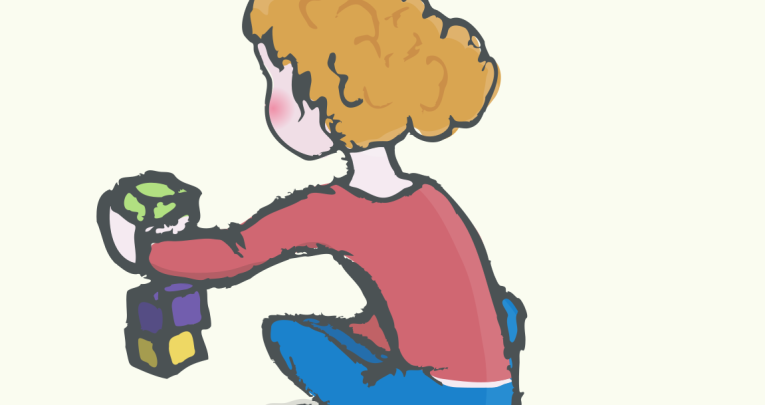Help Children Focus – There’s A Lot You Can Do To Improve Their Attention Span

The ability to concentrate and pay attention is important for future learning, so it’s vital we help children learn it early on

- by Sue Cowley
- Author of more than 30 books for educators Visit website

Young children can find it difficult to focus on a single activity without getting distracted. Whether they’re listening to a story, building towers or helping tidy up, you might find them losing concentration after only a few minutes.
Of course, children find some activities easier to focus on than others: anything they find fascinating works well, as does anything on a TV, phone or tablet screen! The ability to concentrate and pay attention is important for future learning, so it’s vital we help children learn it early on. In a busy world, full of calls on our attention, learning to calm themselves is also important for their social and emotional development.
The scenario
At your setting you start each session with a story, but about halfway through some of the children start to fidget and wriggle. Sometimes some will get up, wander off and start playing elsewhere before you have finished. You’d like to encourage them to maintain their focus and listen to the end, but you don’t want to make story time feel like a chore…
Developing concentration
Like all skills, concentration is something we can develop over time. Any improvement will be gradual, and depend on levels of motivation, especially in young children. Some find it much more difficult than others not to get distracted, and this can be a sign of a special educational need such as ADHD. The more engaged we are with an activity, and the more fully we understand why it might be useful for us to concentrate on it, the more likely we are to maintain our attention.
Reflect on the situation
Whenever you come across a problematic behaviour, it’s useful to first analyse why it’s happening. In this scenario it might be that the children need to develop their focus, but it could also be that the practitioner has chosen the wrong time of day for the story. Small children need lots of physical activity, and their impulse to be up and playing is completely normal for healthy development.
- Consider whether it might be better to move story time to later in the day, when the children have used up some of their early morning energy.
- Think about how long the stories last – ask a colleague to time you when you’re reading, and identify at which point the children start losing focus.
- Choose shorter stories, and gradually build up the length of time you ask the children to listen, over a period of weeks.
- Give the children a sense of agency in story time by asking them to choose which story you read to them.
- Think about ways to make the session more active, for instance, getting the children to stand up and join in with some of the actions.
Teach focus
There are lots of games and activities you can use to help the children learn how to focus better, and for longer. Anything that asks children to home in on their own thinking and behaviour, and to still their minds or bodies, works well. Party games like musical statues are great for increasing focus. Sleeping lions is a classroom classic for practising staying still and being calm.
- Add a visual element to your focus challenges, by using a large sand timer. This lets children visualise how long they’ve managed to focus, and how long they still have left.
- Ask children to close their eyes and imagine a story as you tell it, to help them to block out distractions and develop their visualisation skills.
- Close observations of objects work well for increasing focus – ask children to look closely at something (a shell, a pebble, a snail), using a magnifying glass.
- When you are reading a story, pause and wait to encourage the children to bring their attention to you by themselves, rather than always calling for it. Encourage them to own and control their behaviour.
Sue Cowley is an educational author and helps to run an ‘outstanding’ preschool.










